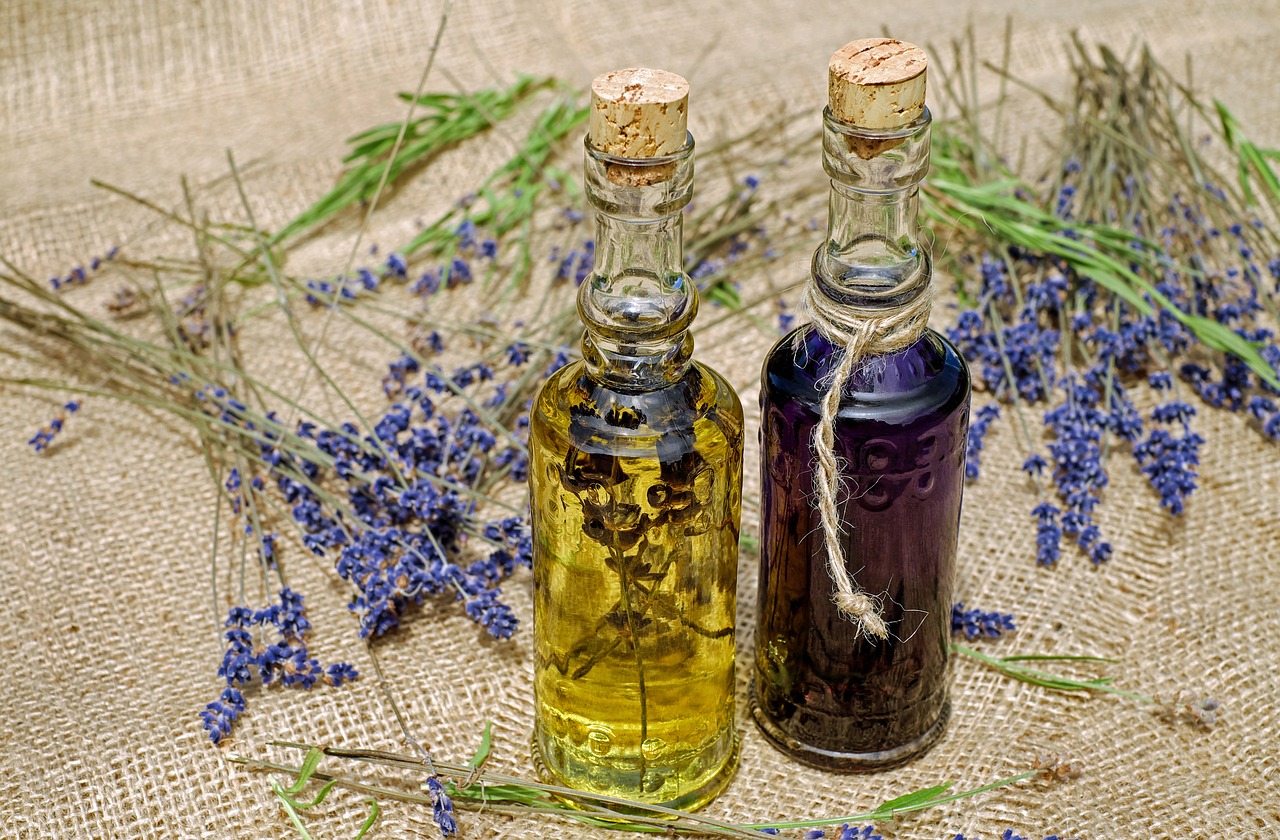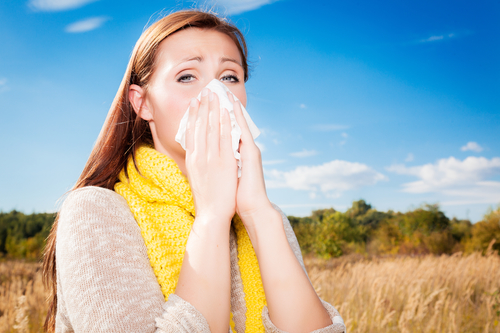19
Jul
An intolerance is the inability of the body to digest an item properly, whether it is a food intolerance or an environmental factor (a non-food intolerance). Intolerances can occur due to a number of reasons, the two most common of which are: ● The body lacks the necessary digestive enzymes for the given food and therefore cannot digest the item properly or take the nutrients from it efficiently. A sensitivity resulting from excessive consumption or overexposure. ● Many symptoms are the result of a sensitivity to a particular item. A sensitivity can occur due to overconsumption or overexposure to an…









